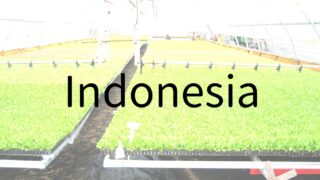In Indonesia, the agriculture sector has faced significant challenges in recent months, largely driven by climate change and fluctuating global commodity prices. Crop yields, especially for rice, palm oil, and sugar, have been impacted by adverse weather conditions, including El Niño, leading to delays in planting and reduced productionBUSINESS INDONESIAANTARA NEWS. This has triggered price hikes, particularly in rice, with national averages reaching around Rp16,100 per kilogram and even higher prices in some regions like PapuaANTARA NEWS.Despite these pressures, the government has responded by distributing rice aid to millions of households, aiming to ease the financial burden on consumersANTARA NEWS. Additionally, Indonesia is investing in agro-industrial projects, including large-scale sugarcane estates and biofuel initiatives, which could potentially stabilize supply and support long-term growthBUSINESS INDONESIA. These efforts reflect the government’s resilience in maintaining food security amid ongoing challenges.
